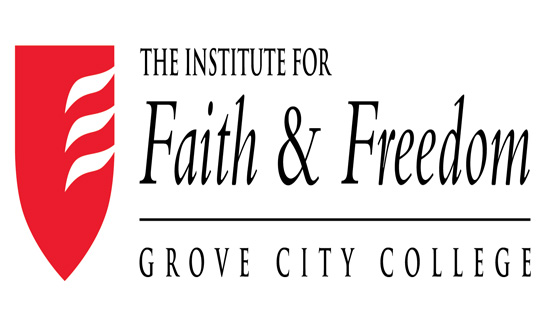Rethinking COVID-19 for Thanksgiving 2021

The COVID-19 pandemic has festered for 20 months and fostered more than 760,000 deaths in the United States. One of them was my mother-in-law. I know many others who have lost loved ones. More than 47,000,000 cases have been documented in the USA. I was one of them. To the extent that these numbers are accurate (and everybody I know has an opinion on this), less than 2% of COVID cases have been fatal. I like those odds; they don’t sound too bad (and everybody I know has an opinion on this), unless that 2% includes someone you knew and loved. We miss you, Mom.
Many of my professional colleagues, as psychological researchers, have collected data on how people have handled the pandemic. Most of this research has sought to understand depression and anxiety. I know many people suffering from these challenges during this pandemic era. I expect that you do as well. The struggles are real, and in no way do I downplay the difficulty of these two years.
Yet, the field of psychology over the last two decades has also started to ask questions about positive consequences, rather than only focusing on the negative challenges like depression and anxiety. What coping strategies are we using? Which coping strategies facilitate a satisfaction with life? And how important is my religious faith in the process of growing and maturing during this difficult time?
Two hundred people responded to our 60-item survey during Winter 2020 (working with student Miriam Shera and alumnus Liam Hill). Respondents included many who indicated they were skeptical about the virus and the governmental interventions. Many others were positive on these two aspects. Many of the skeptics reported a reasonable satisfaction with life during this time; many others did not. Many of those who trusted the mitigation steps reported a reasonable satisfaction with life during this time; many others did not. Regardless of your views about COVID (and everybody I know has an opinion on this), I suggest that we consider how we are each challenged to grow and mature in our faith during these challenging months.
The survey asked 6 questions about satisfaction with life (Ed Diener) during the first year of the pandemic. The survey also included 20 items about coping strategies (Charles Carver) that people have used to get through this time. A factor analysis of the 20 coping items suggests four strategies that people were using. The four strategies are not exclusive; people could be using multiple approaches. The first factor included eight items that could be called Active Coping. These include strategies like seeking emotional support and advice from others. The second approach included six items that could be called Passive Coping. These are strategies like giving up or blaming oneself. The third factor included two items that could be called Substance Use, the use of alcohol or other drugs to get through this time. The fourth factor included four items that could be called Religious Coping. Two of these items specifically asked about religious beliefs and practices, but the other two items that formed this factor focused on positive reframing, or what we might call, counting our blessings. “I looked for something good in what was happening.”
Which of these four factors predicted a positive or negative satisfaction with life (SWL) during the pandemic? The measure of Active Coping was not at all related to SWL. The measures of Passive Coping and Substance Use were both related to a low SWL. These were the individuals struggling with the enduring pandemic. On the other hand, the measure of Religious Coping was related to a positive SWL. Those who used this time to focus on religious faith and practice, and who found ways to consider positive growth and maturity, had a higher SWL.
Lest you think I am being pollyannish, I remind you that I lost a beloved family member. COVID-19 has been a challenge in our family. Nevertheless, the results of the survey are consistent with the idea that focusing on faith and growth provide a way forward.
Thanksgiving will be a challenge because of the empty seat at the table. Nevertheless, we who remain must rise to the challenge to support those around us, and to find meaning and comfort in our remaining years. I cannot always see any positive consequences as I live through the pandemic. Some days I struggle as my faith burns low. Yet, the data suggest, that those who practice such coping strategies are managing better with COVID, regardless of their own COVID views.
Thanksgiving will be different without these 760,000 Americans, but I will be thankful for the memories of the past, the interactions of the present, and the continuing challenges of the future. It’s a COVID thanksgiving, but the spirit of gratitude can strengthen us during these challenging times.






